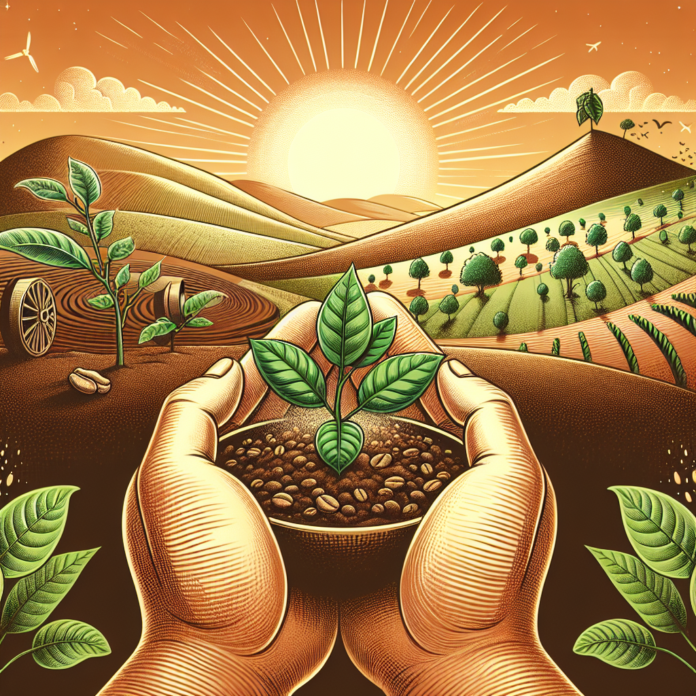Exploring Soil Health and Regenerative Agriculture in Third Wave Coffee
Soil Health & Regenerative Agriculture: The Emerging Trend in Third Wave Coffee
In recent years, the coffee industry has witnessed a growing interest in soil health and regenerative agriculture, marking a significant shift in the third wave coffee movement. This trend focuses on sustainable practices that not only enhance the quality of coffee but also contribute positively to the environment.
Understanding the Third Wave Coffee Movement
The third wave coffee movement emphasizes high-quality coffee production, sourcing, and brewing practices. It prioritizes transparency, sustainability, and a deeper connection between the consumer and the origins of their coffee. As part of this movement, more attention is being paid to how coffee is grown and the impact of agricultural practices on the environment.
The Importance of Soil Health
Soil health is fundamental to the production of high-quality coffee. Healthy soil supports robust coffee plants, enhances flavor profiles, and increases yield. It involves maintaining a balanced ecosystem of microorganisms and nutrients, which is essential for sustainable coffee production. Practices that improve soil health include crop rotation, organic fertilization, and reduced use of chemical pesticides.
Regenerative Agriculture: A Sustainable Approach
Regenerative agriculture goes beyond sustainability by actively improving and revitalizing the land. It includes practices such as cover cropping, agroforestry, and holistic grazing, all aimed at restoring soil health, increasing biodiversity, and capturing carbon. For coffee producers, this approach can lead to improved plant resilience, better coffee quality, and increased farm profitability.
Benefits of Regenerative Agriculture in Coffee Production
1. **Enhanced Coffee Quality**: By improving soil health, coffee plants can develop deeper root systems, leading to better nutrient uptake and improved bean quality.
2. **Environmental Impact**: These practices help reduce carbon footprint, improve water retention, and support local biodiversity.
3. **Economic Advantages**: Healthier soil and plants can lead to higher yields and reduced dependency on chemical inputs, providing economic benefits to farmers.
Challenges and Opportunities
While adopting regenerative practices presents challenges such as the need for education and initial investment, the potential benefits make it a worthwhile endeavor. Collaboration between coffee producers, scientists, and industry stakeholders is crucial to overcoming these obstacles and advancing regenerative agriculture.
The Future of Coffee and Regenerative Practices
As consumers become more aware of environmental issues and demand sustainably produced coffee, the trend towards soil health and regenerative agriculture is likely to grow. Coffee companies and farmers who embrace these practices will not only contribute to a more sustainable future but also meet the increasing consumer demand for ethically produced coffee.
In summary, the focus on soil health and regenerative agriculture represents a promising shift in the third wave coffee movement, offering benefits for flavor, sustainability, and farmer livelihoods.


